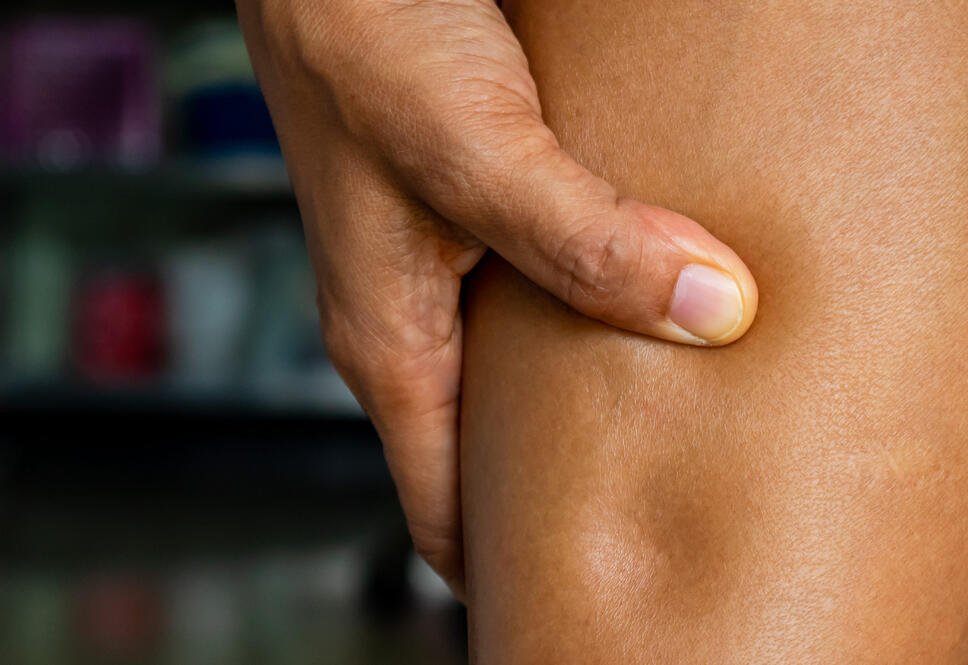Edema can be caused by too much salt and additional sodium in the body. That keeps the liquid outside the cells.
Sodium plays a key role in regulating water in cells, and also contributes to the functioning of the nervous system and muscle work. The body tries to maintain the ratio of sodium to water outside the cell walls, about the same as in seawater.
When using salt, the body retains water to maintain the desired ratio. So, 400 mg of sodium (the amount in 1 g of table salt) makes the body retain an additional 0.5 liters of water. We need at least 180 mg of sodium per day, and ideally 1500 mg. However, a modern person receives more than 3,400 mg.
Measures to prevent edema
One of the ways to reduce water retention is to increase potassium intake at the expense of vegetables and fruits. These foods contain nutrients that help prevent the leakage of fluid from the blood vessels into the tissue spaces. It is better to eat foods with a high content of potassium, and not take artificial supplements.
You can reduce or exclude unhealthy food from the diet: canned food, semi-finished products, fast food and other food that may contain hidden salt ingredients.
The problem with water retention can begin when a person goes on a low-calorie diet. As a rule, a low-calorie diet lacks protein, and protein is an important nutrient for preventing abnormal changes in body tissues.
Here are some tips that will help reduce edema in the body:
Reduce your sodium intake
Avoid processed foods
Drink 8-12 glasses of liquid a day (water, fruit juices, milk)
There are more citrus and green leafy vegetables
Follow the diet: eat at the same time and do not overeat
Regular movement is necessary. Cycling and walking help to activate the circulation of fluid in the lower extremities. Excess fluid is not excreted in those who make long flights, sit at a table for a long time or are in a wheelchair.
How to quickly remove excess fluid?
Doctors can prescribe diuretics-drugs that help the body get rid of water and sodium. When using diuretics, you need to be careful because of possible side effects: dizziness, dehydration, weakness. It should be remembered that edema is not a cause, but a consequence of various disorders. If the cause is not eliminated, it will lead to more serious problems. The complications caused by fluid retention vary depending on the severity and the underlying cause.
Some products have a diuretic effect. For example, adding lemon juice to water causes frequent urination and reduces water retention. Cranberry juice is another natural diuretic. You can drink one glass of cranberry juice a day to reduce water retention. Most foods high in vitamin C also have natural diuretic properties.
No matter how contradictory it may seem, but the use of a large amount of water reduces its retention in the body. Since water retention often occurs due to dehydration, providing the body with a large amount of water will allow the body not to store water in order to prevent it.
It is necessary to maintain a healthy lymphatic system. It circulates lymph throughout the body and collects bacteria, viruses and residues of cell waste products for subsequent disposal.
Proper nutrition and physical activity will help to avoid serious health problems and, as a result, fluid retention.
Be healthy!

